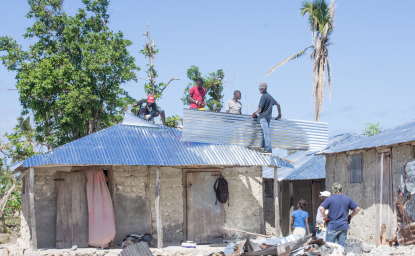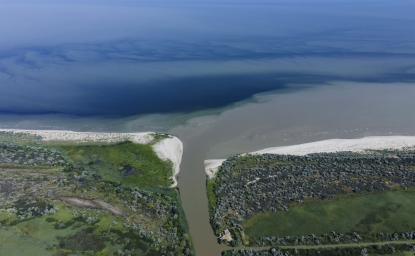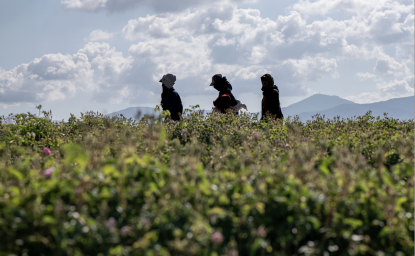MEDIA ADVISORY: Improving Health Care for the World's Poor
JULY 2008—Public Health Experts Suggest Future Steps at Wilson Center
JULY 2008—Public Health Experts Suggest Future Steps at Wilson Center
WASHINGTON—Poor people in many countries receive lower-quality health care and fewer health services than the rich. What can be done to change this pattern? Some strategies have shown positive results, such as setting specific goals for improving health coverage of the poor, or soliciting poor clients' opinions on the design and operation of health systems.
On July 15 at 12:00 noon at the Wilson Center, César Victora, a visiting professor at the Johns Hopkins Bloomberg School of Public Health, and Lynn Freedman, a professor at Columbia University's Mailman School of Public Health, will highlight some policies that have succeeded—and others that have failed—in delivering high-quality, affordable health services and products to all people. They will also recommend future steps, paying particular attention to maternal and child health.
RSVP/Live Webcast
What: Discussion: How to Strengthen Health Systems To Reach the Poor
Who: César Victora, Visiting Professor, Department of International Health, Bloomberg School of Public Health, Johns Hopkins University
Lynn Freedman, Professor of Clinical Population and Family Health, Mailman School of Public Health, Columbia University
When: Tuesday, July 15, 12:00 noon – 2:00 p.m. Lunch will be provided.
Where: Woodrow Wilson International Center for Scholars,
6th Floor Moynihan Board Room
1300 Pennsylvania Avenue, N.W., Washington, D.C.
Media planning to cover the event should contact Sharon McCarter at sharon.mccarter@wilsoncenter.org or (202) 691-4016.
The Woodrow Wilson International Center for Scholars is the living, national memorial to President Wilson established by Congress in 1968 and headquartered in Washington, D.C. It is a nonpartisan institution, supported by public and private funds, engaged in the study of national and world affairs.
Since 1994, the Wilson Center's Environmental Change and Security Program has explored the connections among environmental challenges and their links to conflict and security.

The Environmental Change and Security Program (ECSP) explores the connections between environmental change, health, and population dynamics and their links to conflict, human insecurity, and foreign policy. Read more



